Opening: Mass Immigration and Why Action Is Needed
Geert Wilders opens with a stark diagnosis: European leaders have “opened our borders for mass immigration, and immigrants from an entirely different cultural background.” That policy, he argues, has brought new and serious threats and makes organizations like CPAC more necessary than ever.
Wilders frames the current situation as the product of political choices that have reshaped nations and societies in ways many citizens find unacceptable.
Two Existential Threats: Internal and External
According to Wilders there are two great existential threats facing Europe: one internal and one external. The internal threat is what he calls wokism or cultural relativism, a dominant idea in academia and much of the media that denies objective truths, loyalty, and traditional social bonds.
He says this worldview treats everything as “subjective” and “interchangeable,” a message pushed by leftish elites that has, in his view, weakened national resolve and identity.
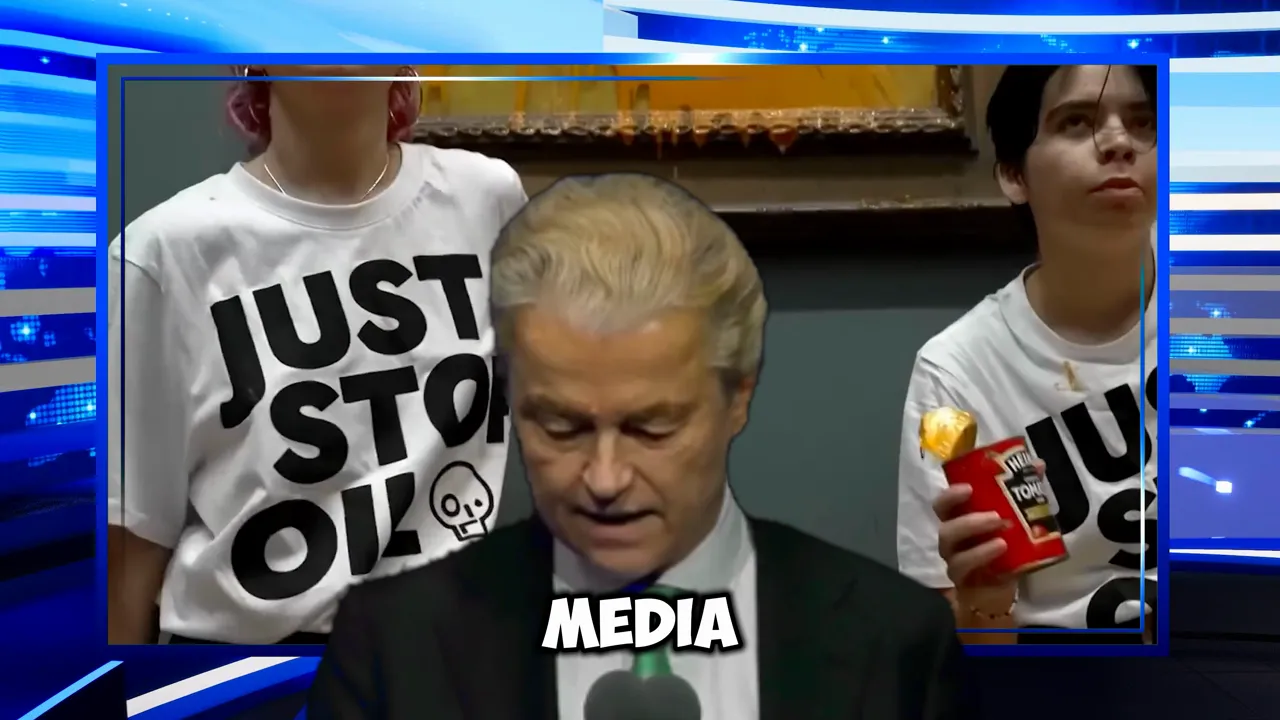
Internal Threat Explained: Wokism and the Erosion of National Life
Wilders lists concrete consequences he attributes to these elites: the elimination of national sovereignty, economic mismanagement, the erosion of farmers and the middle class, and the perversion of children’s education. Most pointedly he accuses them of opening borders to mass immigration from culturally different regions.
These claims are delivered as a broad indictment of policy choices that, in his view, have hollowed out the institutions that once bound communities together.
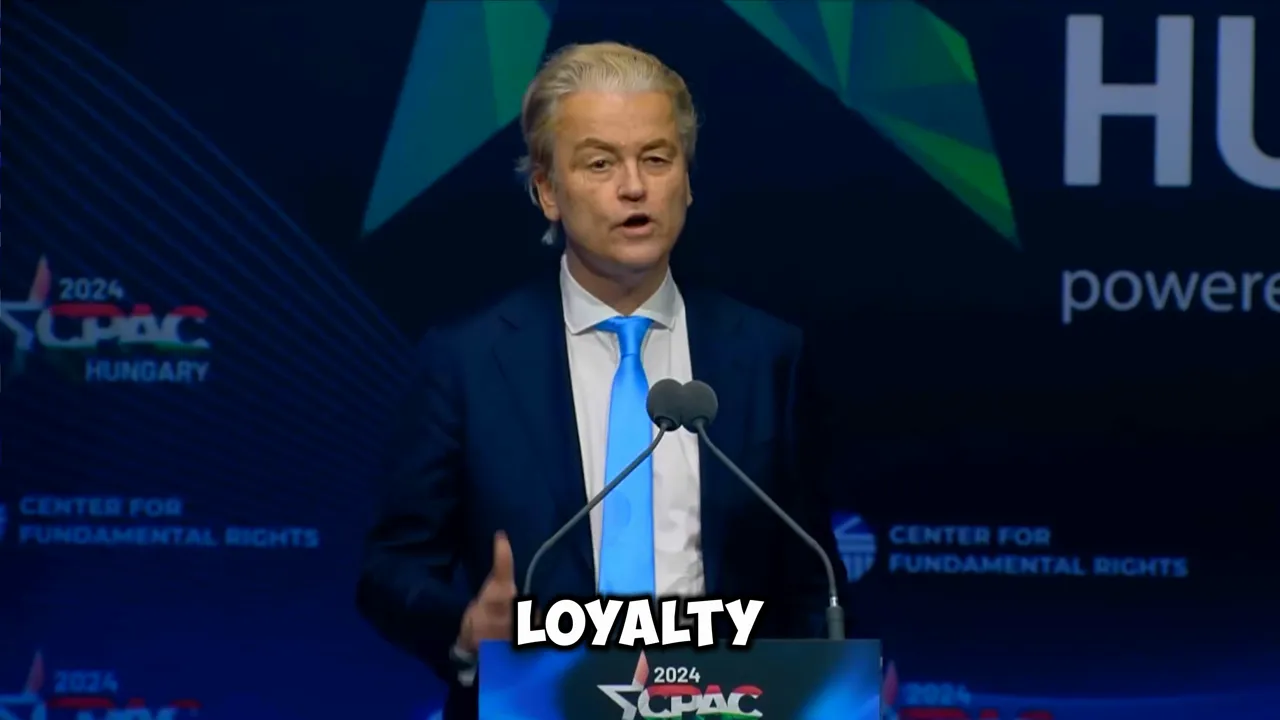
External Threat: Demographic Change
Wilders paints the external threat in demographic terms. He cites projections that Africa’s population could grow from roughly 1.4 billion to nearly 5 billion by the end of the century and warns that roughly one third may seek to move abroad, with Europe as a primary destination.
He argues that the past 50 years have seen governments “inundate” Europe with migrants who are often not genuine refugees but unskilled migrants or fortune seekers. He points to a shift in the profile of arrivals toward young, single men from Africa and Asia and argues this is an enormous strain on Europe’s welfare systems.
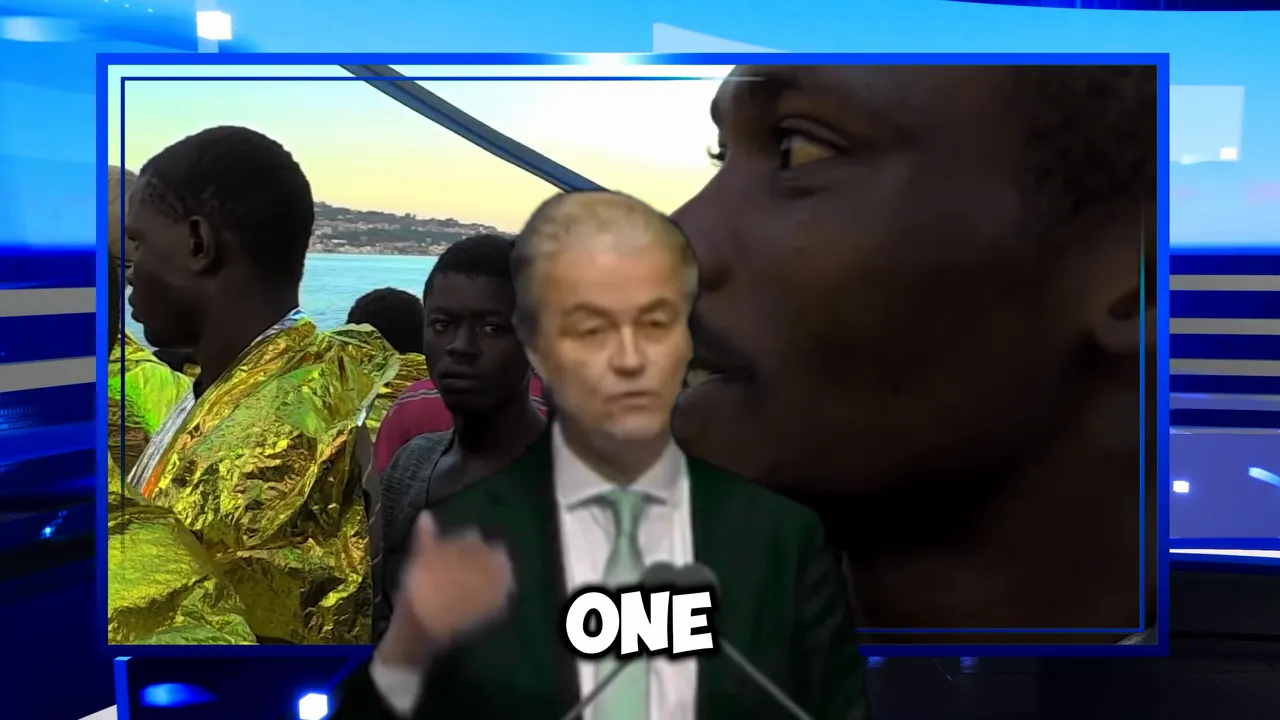
The Antidote Proposed: A Strong Christian Europe
Political commentator Eva Vlaardingerbroek answers the question “So what’s the antidote?” with a call for a strong Christian Europe of sovereign nation-states. She insists Europe must reject the claim that “nationalism causes war” and instead focus on resisting expansionism, which she locates in Brussels.
Her prescription is clear: restore sovereignty, reclaim cultural cohesion, and reassert the centrality of Judeo Christian values as the foundation for social order and security.

No-Go Zones, Radical Symbols, and Security Concerns
Wilders warns that many European neighborhoods have become almost no-go zones, where women and daughters are less safe and Judeo Christian values have “totally disappeared.” He cites visible displays like flags associated with Hamas and Islamic Jihad and antisemitic chants in capitals after October 7 as evidence of a deteriorating public order.
He also references a survey from the Arab Center of Research and Policy Studies claiming that 67 percent of the Arab world considered that massacre legitimate, using the statistic to underline what he sees as a cultural and political rift.
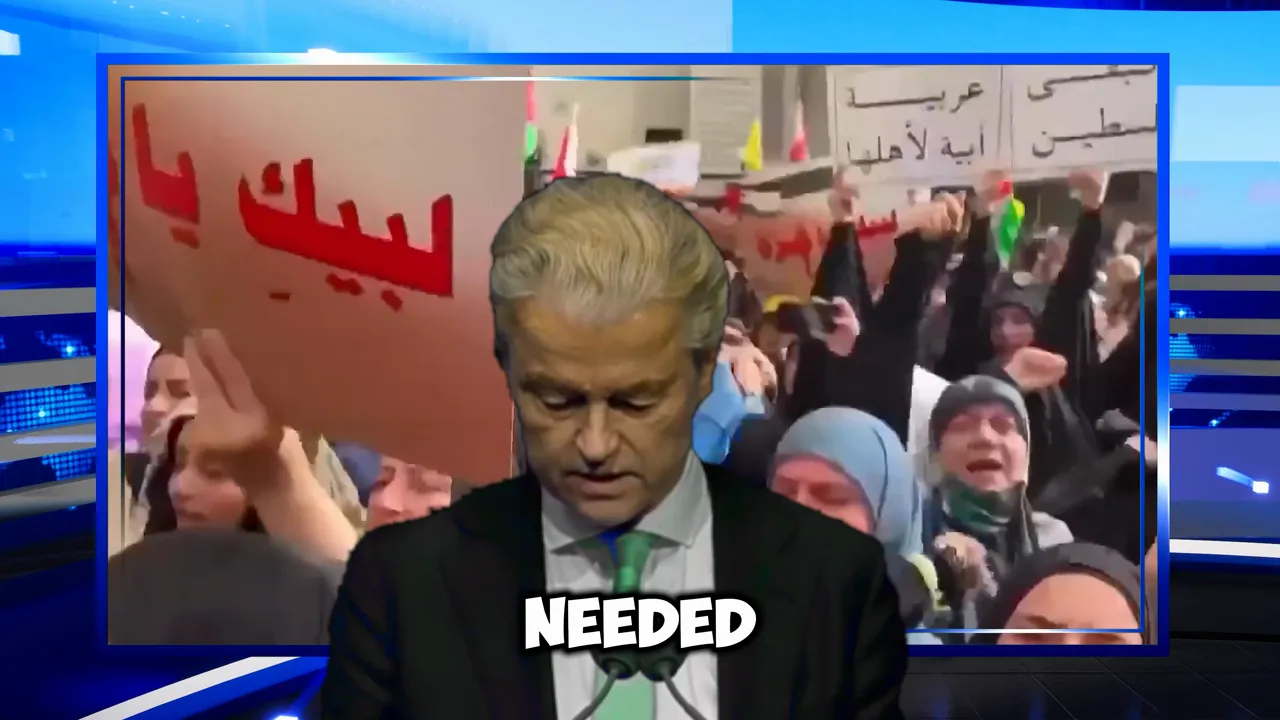
A Call to Action: Yell “Stop”
Wilders issues a direct challenge to conservatives: a conservative is someone who stands in the stream of history yelling “stop.” He claims that if people will shout stop at current policies, “millions of decent, good citizens will join you” because many have had enough.
He singles out Prime Minister Orbán as a leader who “proudly stands for his country and the Judeo Christian values of his people” and praises his approach to protecting Hungary from illegal immigration, urging other European leaders to follow suit.
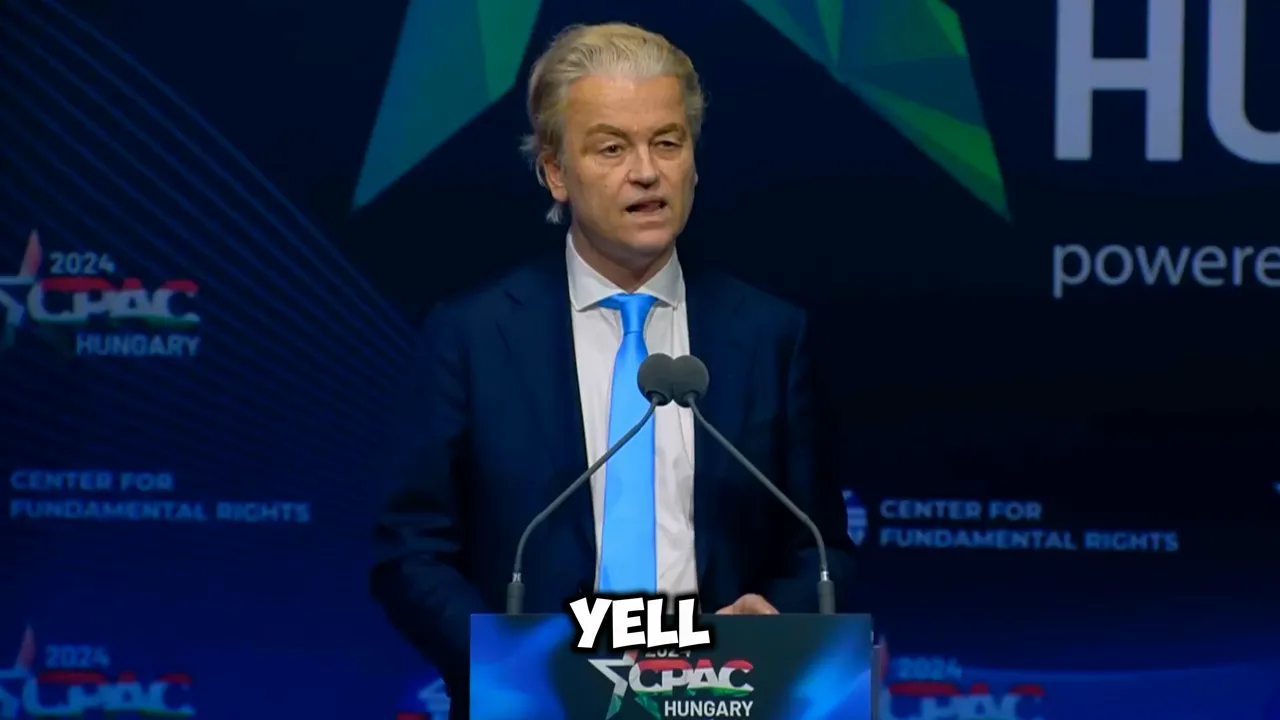
Orbán’s Diagnosis: Brussels Must Go
Viktor Orbán delivers a scathing critique of EU leadership. He says “The Brussels leadership must go” and accuses it of failed leadership, economic decline, and policies that harm farmers and citizens.
Orbán enumerates grievances: the green transition as a disaster, Ukrainian grain undercutting farmers, migrants crossing borders, rising crime and violence, and what he calls attempts to “re-educate the children” by gender activists. He frames these trends as a “war vortex” threatening to drag Europe into the abyss.
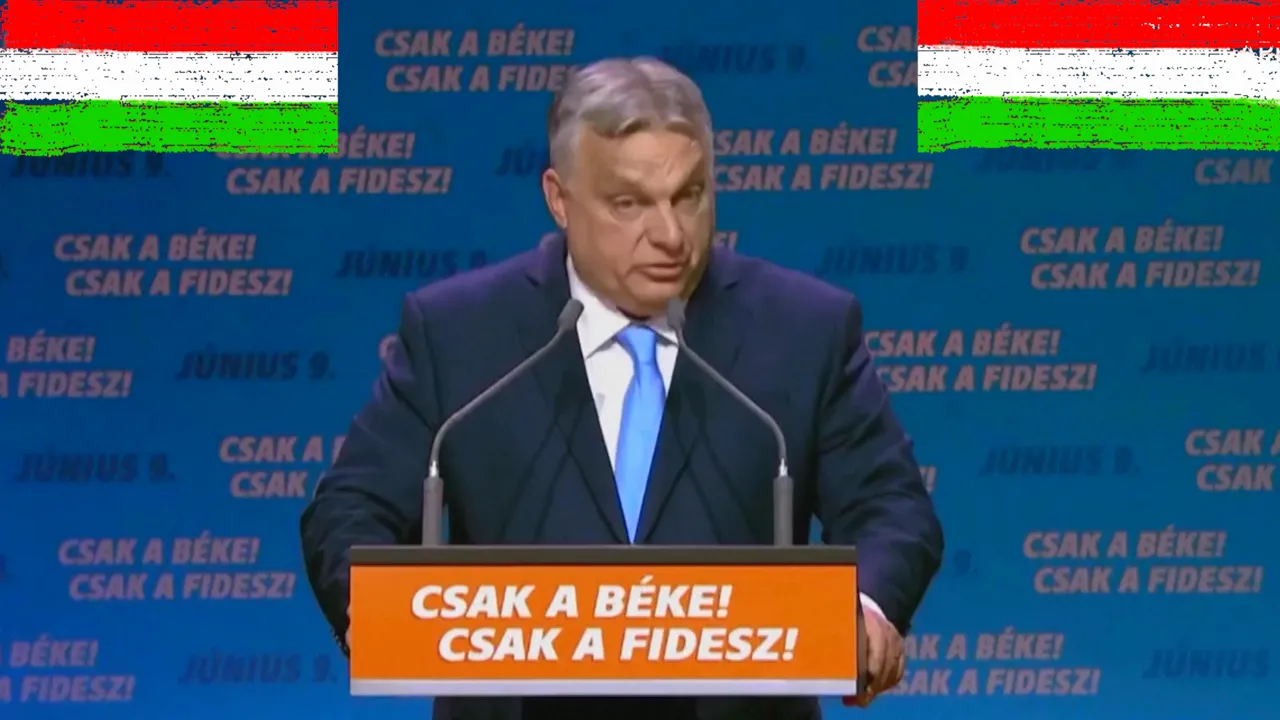
Crime Across Europe: Recent Incidents and the Link to Migration
Eva lists specific incidents to illustrate her point. In one week she mentions three elderly women stabbed in Stockholm, four stabbings in London within 42 hours, riots in Paris involving hundreds of migrants, and a church burned down in Brignoles. She uses these examples to argue these are not isolated events.
She states bluntly that governments “know that there is a link between mass migration and crime.” As an example of local responses, she cites the Dutch city of Dordrecht offering residents 1,000 euros to pay for extra safety measures when a new asylum center was announced nearby.
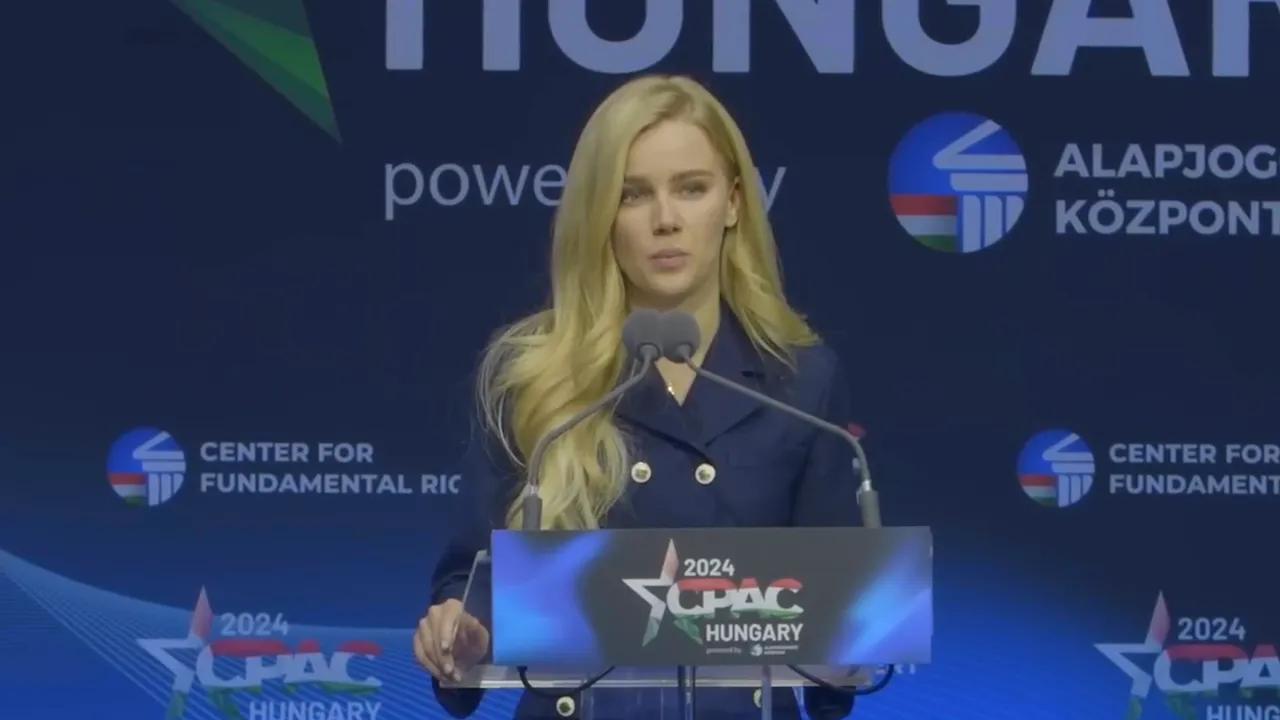
The New Reality and a Warning for History
Eva paints a grim tableau of a “new reality” in Europe that includes frequent rapes, stabbings, killings, and even beheadings. She insists these problems are newly imported and asks whether Europeans will accept the reality envisioned by what she calls “globalist leaders.”
Her warning is historical in tone: if citizens do not fight for their continent, religion, people, and countries, this period will be remembered as the time when Western nations were conquered not by invading armies but by an elite that invited the invader in and made natives pay for it.

Conservative Movements Expanding: CPAC Meets Europe
The broader context is a transatlantic conservative alignment. CPAC, originally an American institution, is now active in Europe, and Hungary has emerged as a central hub for this movement under Prime Minister Viktor Orbán.
The strategy is to forge closer ties among like minded politicians, including former U.S. presidents and national leaders, and to view upcoming elections in Europe and the U.S. as opportunities to push back on progressive policies.
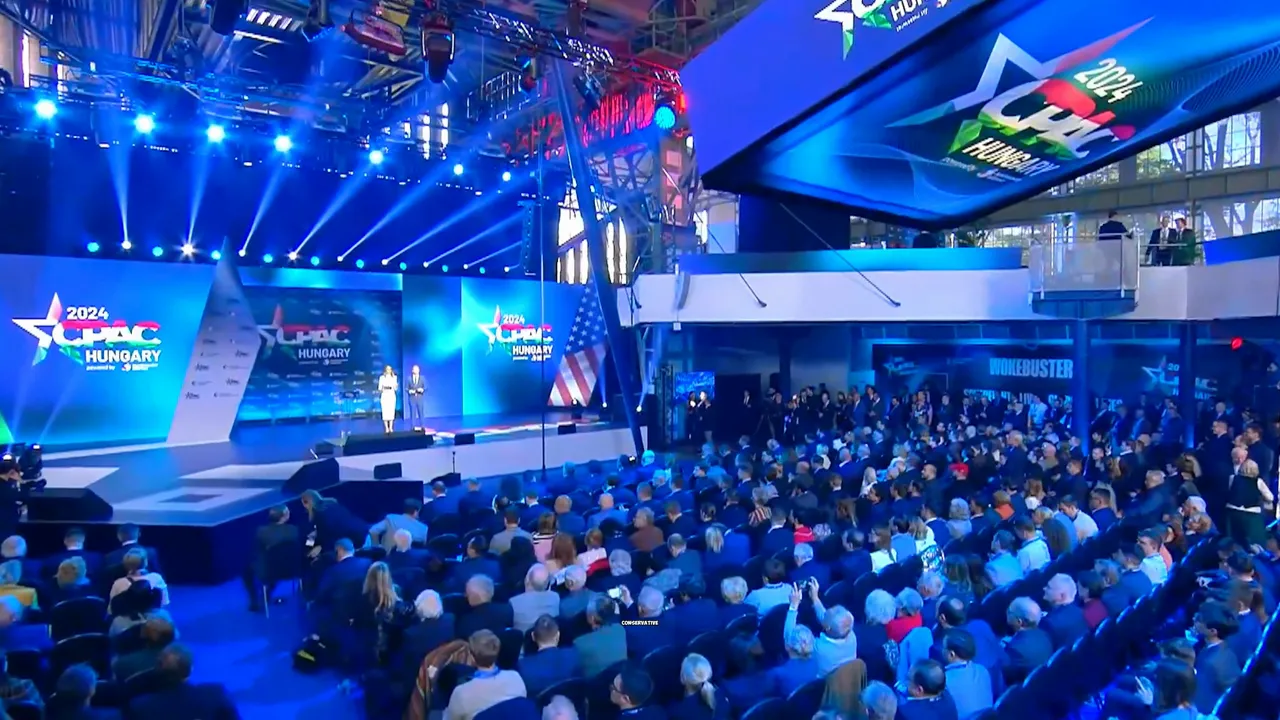
Donald Trump’s Message: Defend Tradition and Sovereignty
Donald Trump reinforces the same themes. He frames the struggle as an “epic” effort to rescue Western civilization, preserve culture, protect sovereignty, and uphold the values of freedom, family, and faith in Almighty God.
Trump highlights past cooperation with Orbán to crack down on illegal immigration, protect borders, create jobs, and defend Judeo Christian values. He vows that “Conservatives will win the battle to save our civilization” from communist and extremist ideologies and looks forward to closer cooperation.
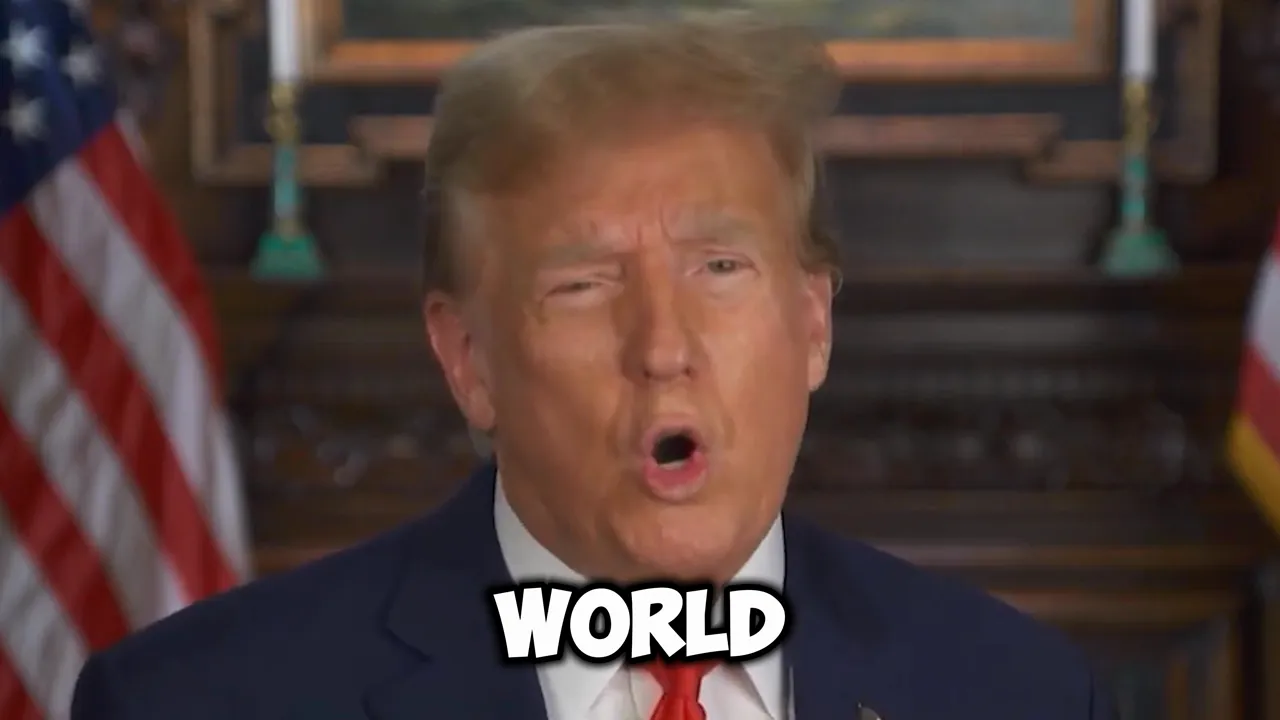
Conclusion: What Comes Next
The speakers converge on a single message: Europe faces serious internal and external challenges that require a determined political response. Their prescription centers on restored sovereignty, stricter immigration controls, cultural renewal, and political mobilization ahead of consequential elections.
If one takes their analysis seriously the next steps are clear: organize politically, demand accountability from elites, and press for policies that prioritize national cohesion and security. The closing call is simple and repeated: stay informed. Stay engaged.
